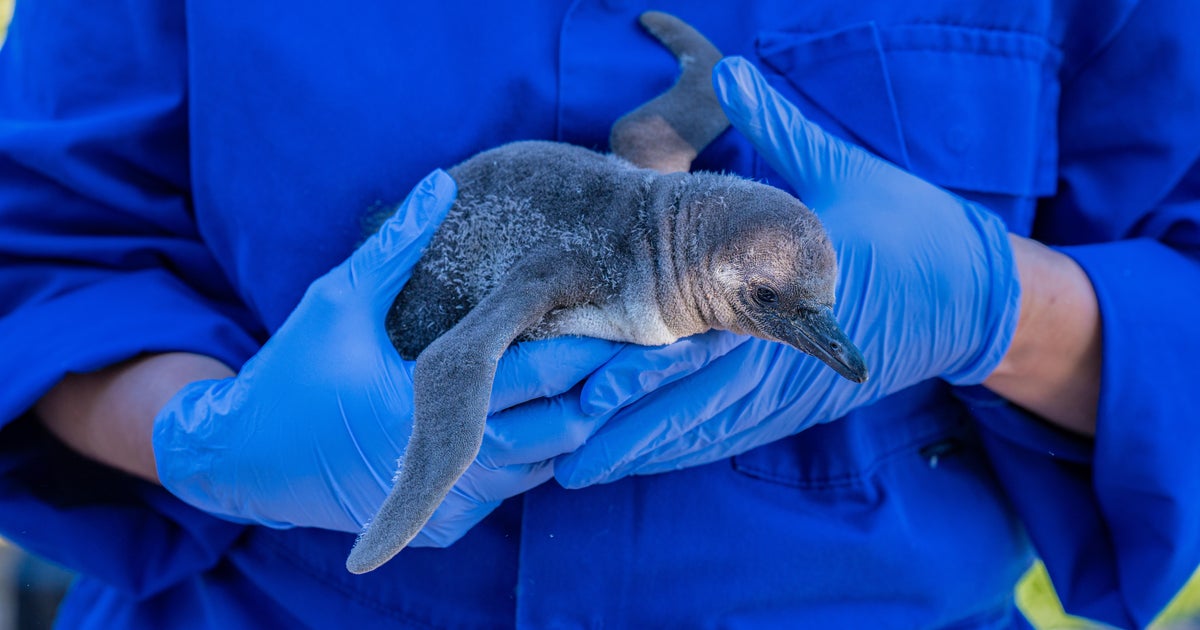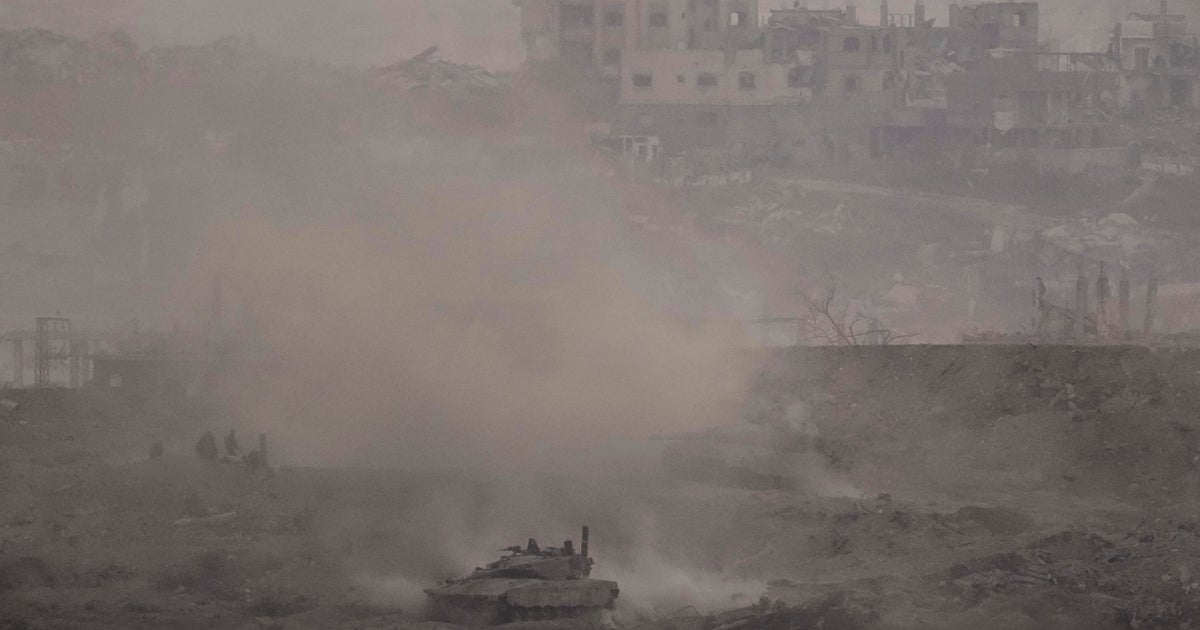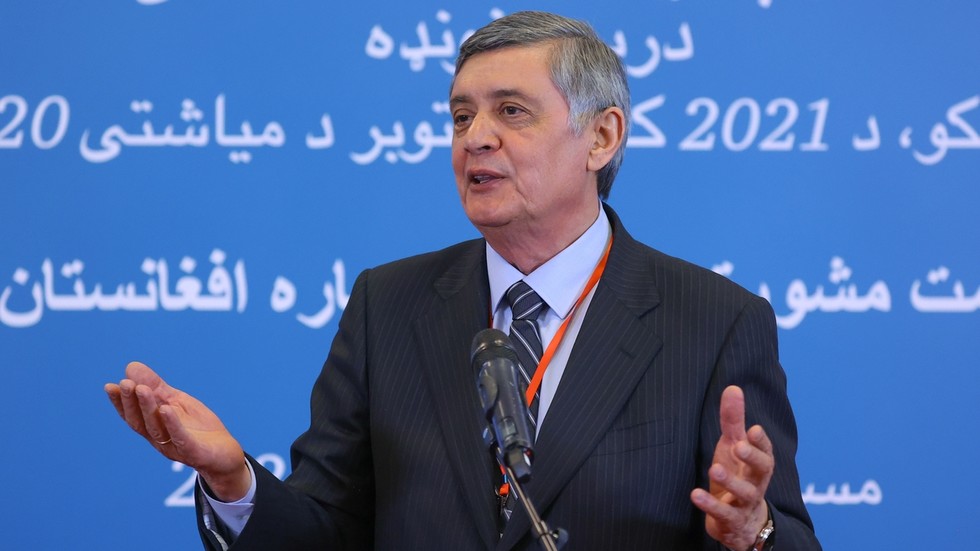
This 'country' breaks the mould for what qualifies as a nation, as it possesses no land, but is recognised by the UN. (Image: Getty)
Most people assume that to be a country, you need land, borders, a population, maybe even an army. However, there exists a "country" that completely breaks that mould.
The Sovereign Order of Malta has no territory of its own and no citizens in the usual sense, yet it functions in many of the same ways as a modern nation. With diplomatic ties to more than 100 countries, its own passports, stamps and permanent observer status at the United Nations, the Order operates like a state – but without a state. Though it possesses no territory, the order is often considered a sovereign entity under international law.

The Sovereign Military Order of Malta is a Catholic lay religious order. (Image: Getty)
The Sovereign Military Order of Malta (SMOM), commonly known as the Order of Malta or the Knights of Malta, is a Catholic lay religious order.
The Order was founded in 1099 in Jerusalem by the Blessed Gerard to provide and care for pilgrims, making it the oldest surviving chivalric order in the world. It then received Papal recognition in 1113. It soon expanded its role to also care for the wounded and sick victims of armed conflicts.
To ensure the Order the independence required for this role, the Supreme Pontiff, who then constituted the source of law, granted important exemptions to it. These immunities, together with the provisions of feudal law, were the source of the functional sovereignty which the Order has enjoyed to the present day.
In its long history, the Order has owned land and resided in countries including modern-day Israel, Greece, Italy and Malta. However, today, the Order of Malta no longer possesses these territories. This unique situation has led some to say the Order is "the only country without any land", however it is not accurate to call the Order of Malta a "country".

Today, the Order's Prince and Grand Master is John T. Dunlap, a Canadian attorney. (Image: Getty)
Invalid email
We use your sign-up to provide content in ways you've consented to and to improve our understanding of you. This may include adverts from us and 3rd parties based on our understanding. You can unsubscribe at any time. Read our Privacy Policy
Today, the Order’s two main buildings in Rome – the Magistral Palace and the Magistral Villa – have what's called "extraterritorial status". This means that even though they are located in Italy, they are not governed by Italian laws. This is similar to how embassies work: they are in a foreign land but treated as if they belong to another country.
Despite its lack of territory today, the Order remains a subject of international law. It maintains its functional sovereignty through diplomatic relations with 114 states and the European Union and permanent observer status at the United Nations.
Its observer status in the UN was granted in view of its "long-standing dedication [...] in providing humanitarian assistance and its special role in international humanitarian relations". Other non-state entities, such as the International Olympic Committee and the International Committee of the Red Cross, also hold this category.
It also has the ability to enter into treaties, issue its own passports, coins and postage stamps. The Order's Prince and Grand Master is John T. Dunlap, a Canadian attorney.
In a time when identity and power are often defined by geography and borders, the Order of Malta shows that a nation doesn’t always need a place to call home.

 1 month ago
21
1 month ago
21










 English (US) ·
English (US) ·